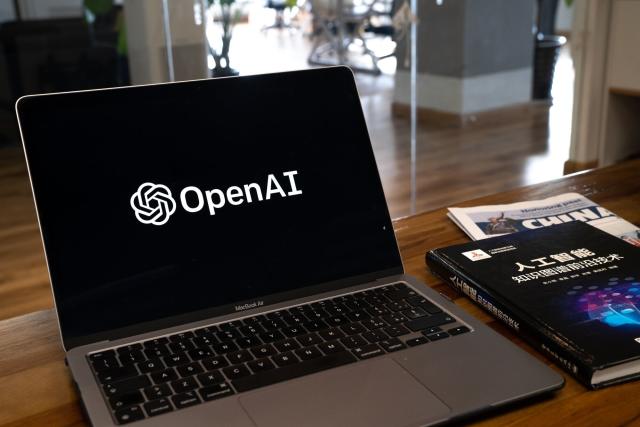Oyo Talks to Apollo for $660 Million Refinance on IPO Delay
Oyo Hotels, the hospitality startup backed by SoftBank Group Corp., is in discussions with Apollo Global Management Inc. to refinance a $660 million loan. This move comes as Oyo seeks additional time to reduce its debt, following a delay in its initial public offering (IPO), sources familiar with the matter revealed.

Oravel Stays Pvt, Oyo’s parent company, is reportedly seeking to extend the loan’s maturity to five years, compared to the existing 2026 deadline. The negotiations are ongoing, with a decision potentially being reached as early as next month, according to insiders.
The talks with Apollo come on the heels of Oyo reporting its first-ever annual profit. Fitch Ratings anticipates further improvement in earnings as the travel industry continues to recover. Oyo, initially heralded as the first Indian unicorn to secure debt from foreign institutions, had offered generous terms and maintenance covenants, a practice common among firms considered risky by investors.
A spokesperson for Oyo addressed the refinancing discussions, stating, “Due to an increase in profits, we regularly get approached for cheaper financing options, but the company’s board hasn’t approved anything, including prepaying some portion.” Apollo declined to comment on the matter.
As of now, there’s no final decision on the refinancing terms, and Oyo’s loan was indicated at 86.5 cents on the dollar according to data compiled by Bloomberg.
Oyo’s prolonged wait for its IPO has proven to be more protracted than anticipated. The anticipated proceeds from the IPO could have assisted the company in reducing its debt, but instead, Oyo is exploring refinancing options. The startup’s founder, Ritesh Agarwal, has been striving for years to bring Oyo public. The company, 47% owned by SoftBank, also counts Airbnb Inc. among its backers.
Also Read: Dell Says Servers, Not PCs, Are Its Main Growth Engine in the AI Era
Oyo had initially filed for an IPO in 2021, aiming to raise 84.3 billion rupees ($1 billion). However, it faced challenges as technology valuations plummeted, impacting startups globally. Although Oyo filed fresh IPO documents on April 1, key details such as the amount sought, advisors, and financial specifics remain undisclosed.
The ongoing negotiations with Apollo underscore Oyo’s strategic financial moves as it navigates the complexities of the hospitality industry and seeks to strengthen its position in the market.

I am a law graduate from NLU Lucknow. I have a flair for creative writing and hence in my free time work as a freelance content writer.





